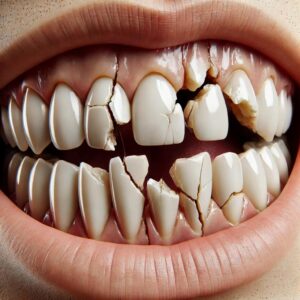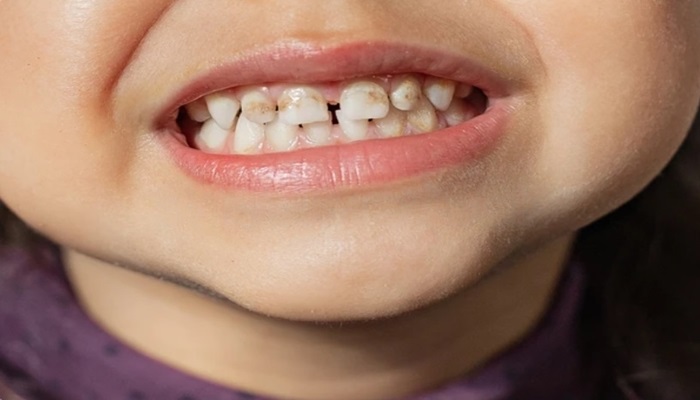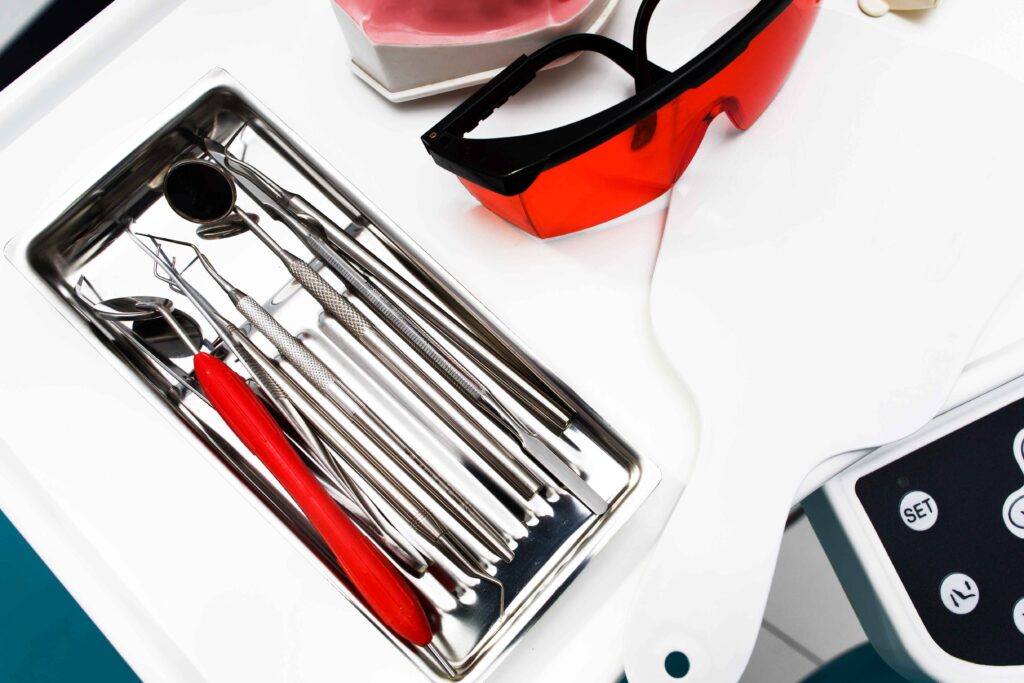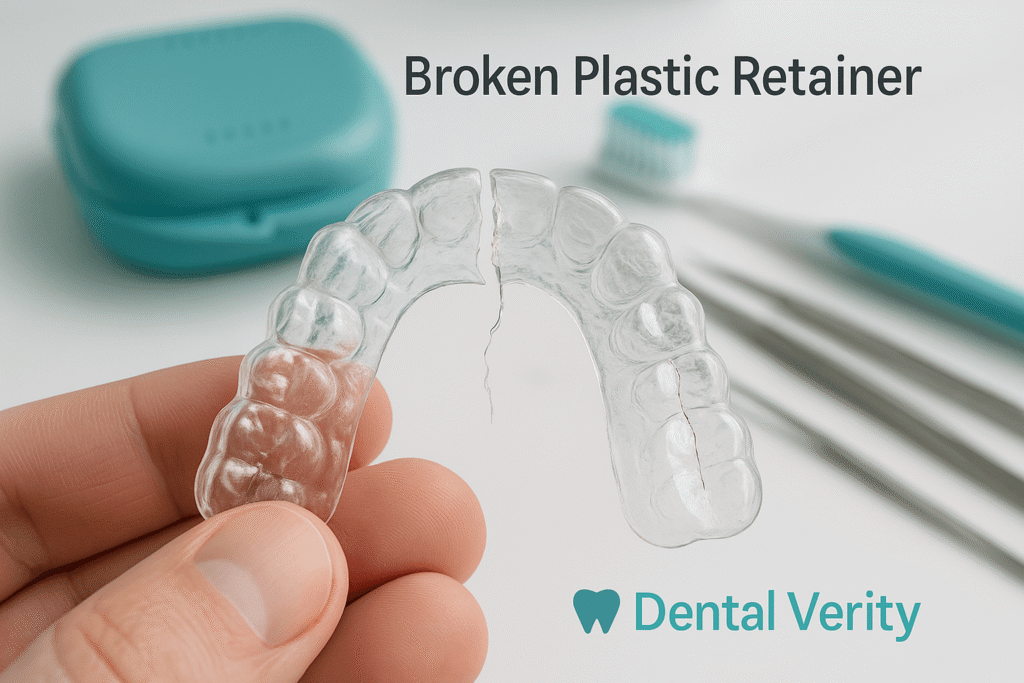
Many people believe a broken or chipped tooth is just a minor issue, but it can have a serious impact on your dental health and overall well-being. A fractured tooth can lead to unexpected health problems if left untreated, affecting your quality of life and causing discomfort. Whether the problem seems small or severe, taking action early is key to preventing further issues.
A broken tooth isn’t just about looks—it can increase the risk of developing cavities, gum disease, and even infections that may spread beyond the mouth. If you’re struggling with a fractured tooth, it’s important to understand the potential risks and the importance of treatment. In this blog, we will explore how neglected teeth can lead to severe health problems and why you should speak to a dentist for proper advice. Keep reading to learn how to safeguard your dental health and prevent complications.
What Causes Teeth to Break?
A broken or chipped tooth can happen for many reasons, and understanding these factors can help prevent damage. Some common causes of broken teeth include accidents, dental issues, and lifestyle habits. Here are some of the main factors that can lead to a fracture or chip in your teeth:
- Biting Hard Foods – Crunching on ice, popcorn kernels, hard candies, or nuts can weaken your tooth and make it more prone to fractures.
- Teeth Grinding (Bruxism) – Chronic grinding and clenching put excessive pressure on teeth, which can wear down enamel and cause them to break over time.
- Accidents and Injuries – Falls, sports injuries, car accidents, or physical altercations can lead to sudden trauma to the face and mouth, resulting in fractured teeth.
- Untreated Cavities – Poor oral hygiene can cause tooth decay, making teeth brittle and more likely to chip or break.
- Large Fillings & Restorations – Multiple fillings can weaken a tooth’s structure, increasing the risk of fractures when biting or chewing.
- Aging & Medical Conditions – As you age, your teeth naturally weaken, and certain medical conditions can make them even more prone to breaking.
Regular dental visits are essential to identify and address potential issues before they worsen. Practicing good oral health care and avoiding harmful habits can help keep your teeth intact and reduce the risk of damage.
How Can a Broken Tooth Affect Your Health?
A cracked or broken tooth is more than just a dental issue—it can have a significant impact on your overall well-being. If left untreated, it can deteriorate oral health and lead to severe problems. Here’s how a fractured tooth can affect you:
- Increased Risk of Infection – A broken tooth can expose the dental pulp, making it easier for bacteria to enter and cause an infection.
- Pain & Sensitivity – A fractured tooth often leads to pain, especially when eating or drinking. You may also experience bad breath and tooth sensitivity.
- Swelling & Fever – If the infection spreads, it can cause swelling in the gums and even result in a fever.
- Dental Abscess – In severe cases, an untreated infected tooth can form an abscess, which may require urgent medical treatment.
- Tooth Decay & Damage – A cracked tooth is weaker and more prone to decay, making it difficult to chew properly.
Ignoring a broken tooth can lead to lasting health problems beyond your mouth. Seeking timely treatment can help prevent complications and safeguard your oral health.



